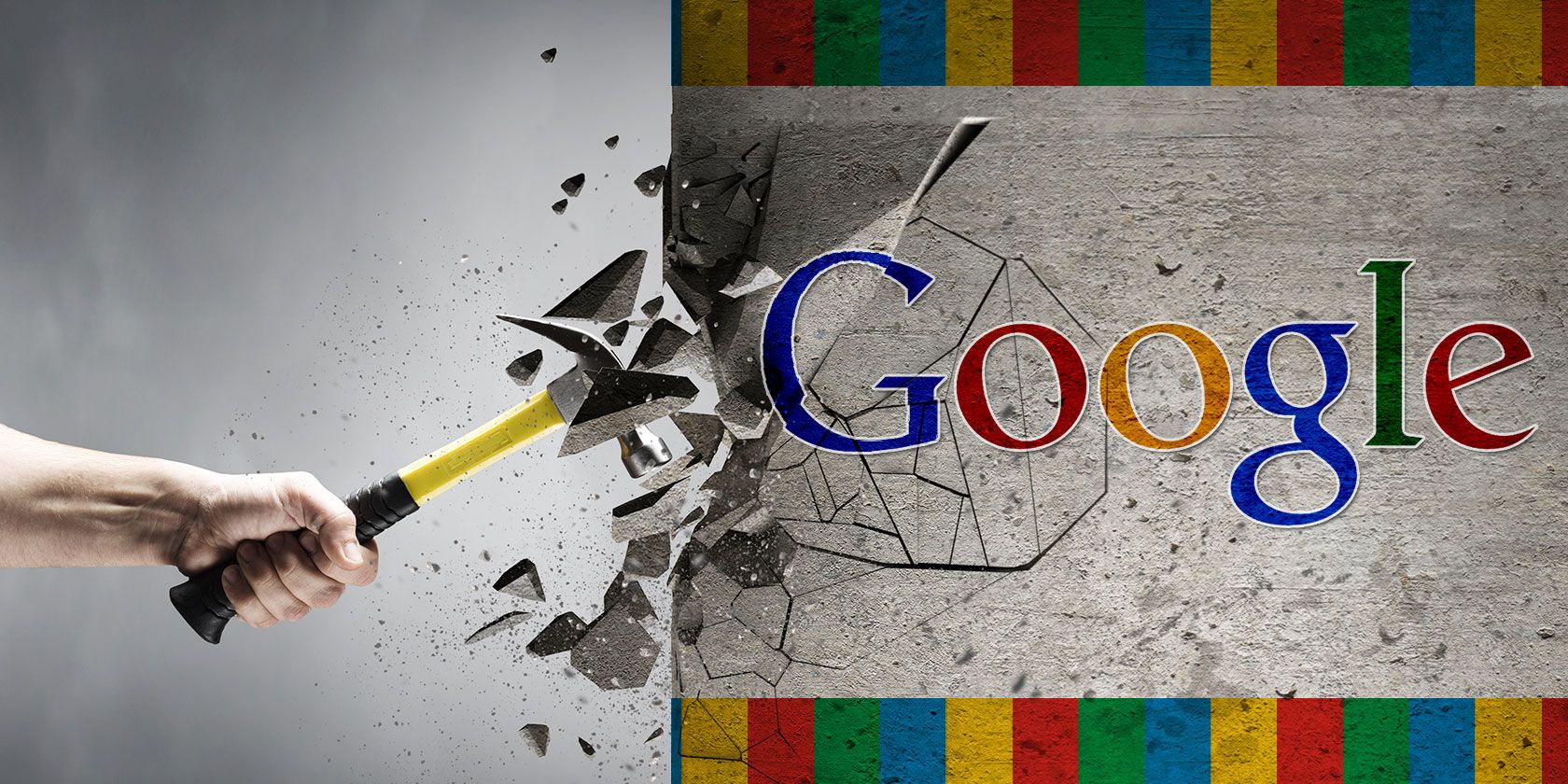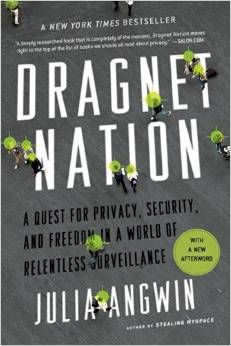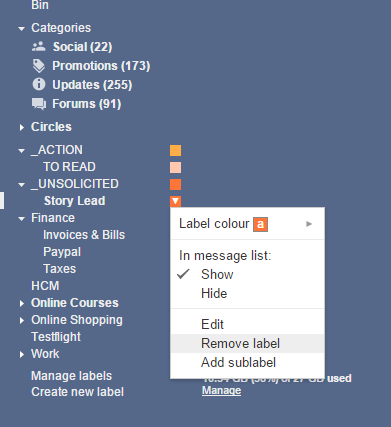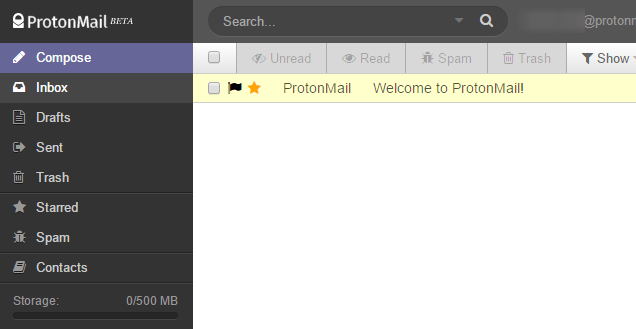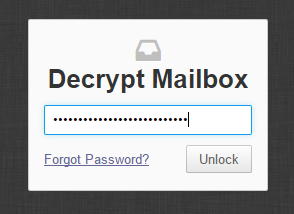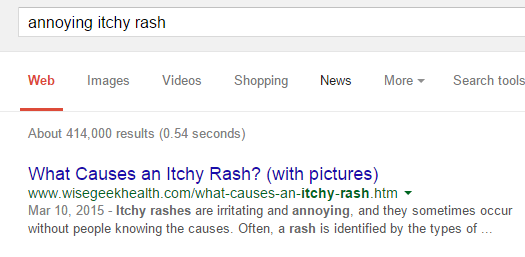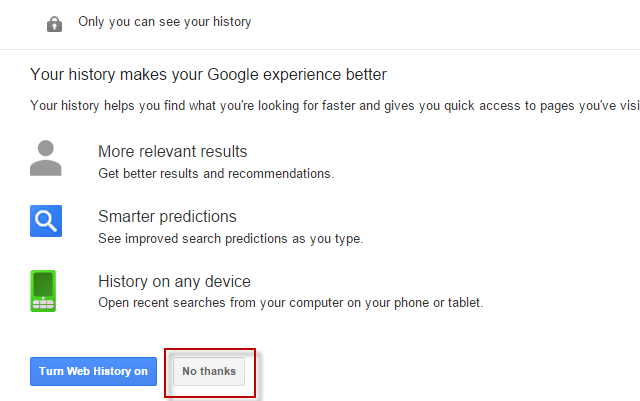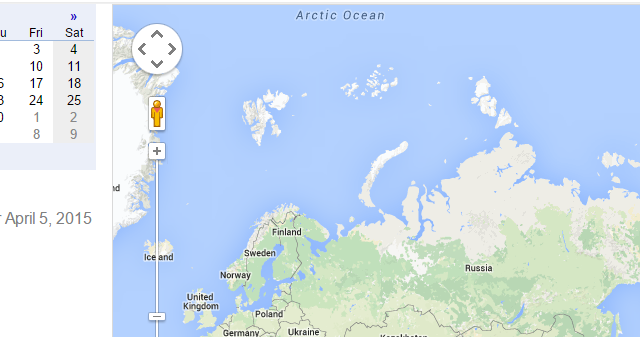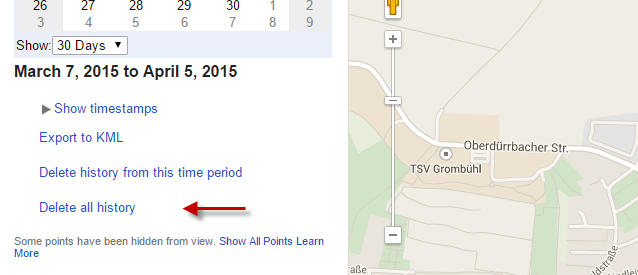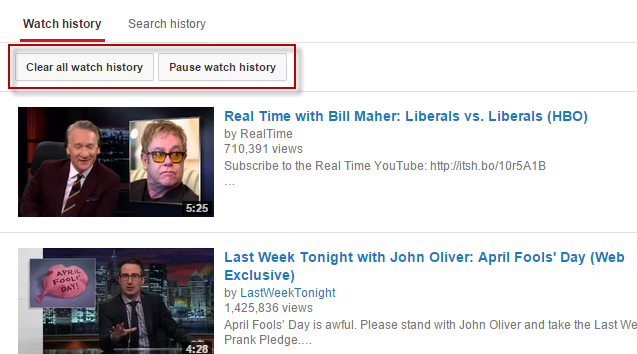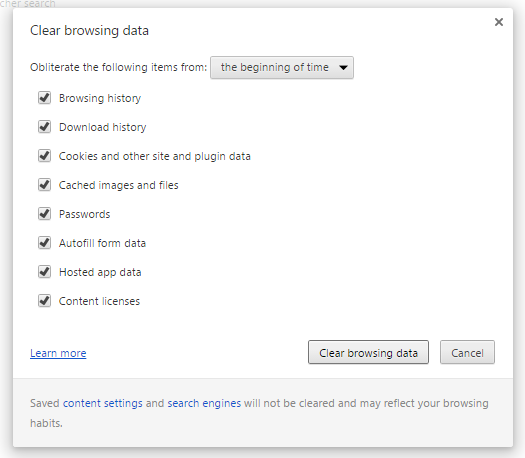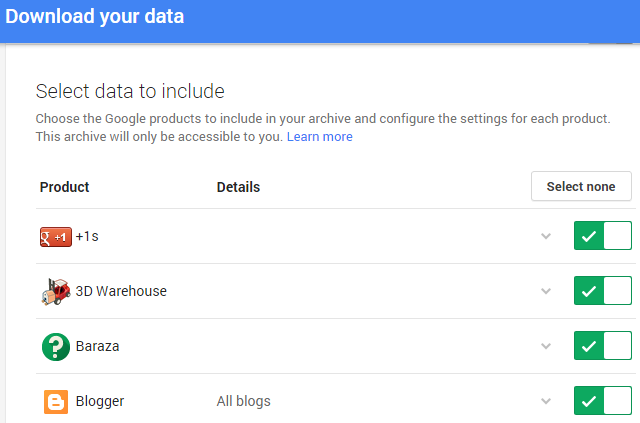At the moment, I am reading a fascinating must-read book called Dragnet Nation by Julia Angwin. Angwin is a former Wall Street Journal journalist who covers online privacy-related stories, and Dragnet Nation is a highly researched book, where she demonstrates how much you have willingly thrown away your privacy to online marketers, advertisers, and spammers. It is a scary eye-opening piece of work, and so well written that, 10 pages in, you'll be frantically rushing online to start purging your data.
Which is exactly what I did: purge my data. Lots of it. Then I binge watched the TV show Person of Interest, and that made me switch my phone off and remove the battery and SIM card. Then lock myself in the bathroom.
This article outlines exactly what I did, so if you want to attempt to wipe yourself off the Net too (note the word "attempt"), then you can try. It may mean going without certain "cool" online features, but be honest, is that really the end of the world? Since this subject is so vast, I will focus on the biggest bogeyman - Google (surprise, surprise).
Yes, Google, the big bogeyman. Google has a mixed record when it comes to privacy. They have a whole army of lawyers who have tried to protect users information in the past, but that is heavily outweighed by their huge missteps.
Cleaning Your Gmail
The first step is to decide what emails you are keeping, and what you can delete. With lots of storage for each person, Google has championed the idea of "never delete another thing ever again!". But come on, let's be honest. There's a lot of stuff you definitely do not need to keep. Notifications for one. Vouchers which have long run out another. So start cleaning out. One quick way of doing it is to work through each of your labels and delete from each one. Or hunt down the biggest emails by knowing what to type into Gmail.
If there are any you want to keep, hit the CTRL + P function on the email and choose save as PDF (if you're using Chrome). If you are using Firefox, there are quite a few add-ons to choose from that will convert pages into PDF's for you. That will save a PDF copy to your computer. Or if you're an Evernote user, you can use the Web Clipper to "clip" the email into your desktop app. But Evernote is also a cloud sync service. Are they any better? Liberate your data!
Once you have emptied your email account, what then? Where can you go? Well in short, a place that values privacy and secrecy, and for that it's best to use a service based in the EU. The EU has very strict privacy laws, which can protect you far better than a US service can. For a long time, I have had my eye on ProtonMail, which is a Swiss-based email service. Their servers are hosted in a former military command center deep inside the Swiss Alps. You need two passwords to get in - one to log in and one to decrypt the mailbox - and we're not talking 2-step authentication. There's no password retrieval sent to your phone. No backup codes. If you forget your secondary password, you are locked out forever. Tough cheese, pal.
ProtonMail has no advertising. You can make expiring emails. No IP logs tied to your account, so privacy is assured. Oh and I almost forgot, end-to-end encryption.
The small snag is that, for the moment, it's in beta testing, so you need to request an invite from them to sign up (although I hear they are quite speedy these days). Plus you will find bugs at the moment, as the system is being tweaked. The service is free right now, but you only get 500MB storage. In my view, that is not really a negative, because people need to get out of the habit of email hoarding and start purging after 30 days.
Once the site comes out of beta, there's no guarantee that they won't start charging for the service. But again, in my view that's not a negative. In life, you get what you pay for. If you don't pay for the upkeep of the service, then the developers are forced to accept advertising. Slippery slope?
Web Search History
Now we come to the meat and potatoes of Google's business - web search. This is where your searches are exploited for maximum profit. Search results are "tailor-made" for you (meaning you only see what you want to see), adverts appear at the top of the page, and anything you search for can and will be used against you at some point. Searched for a cure for herpes? Then you can bet some pharmaceutical company is taking advantage of that little snippet of knowledge. Plus, as you surf around the Internet, that search will be following you around everywhere, also like a contagious infection.
The solution? Two-fold. Switch search engines for a start. Change to DuckDuckGo, which we have written about extensively in the past. They use Google's search results, but they also strip away all of the tracking data, IP addresses, and any other bum fluff Google decides to stuff in there.
Secondly, if you MUST use Google search (say at work), do NOT use it while signed into a Google account. While signed in, everything is being attached to your name. Log out and it won't (it will still be attached to your IP address though, so you would need to use a VPN - Virtual Private Network). Or better still, use Incognito (if you're using Chrome), or Private Browsing Mode (if you're using Firefox).
Next, check to see if your web history has been recorded by Google. If so, you need to wipe all of it. It may take some time, but you will feel better after doing it. Like a good cleansing. Trust me, it'll feel good.
Location History
Now to your location, which Google very kindly keeps a record of just for us. Isn't that sweet of them? Time to purge that next.
On the left-hand side calendar, drop the small menu and choose "30 days". This will then show your location history for those 30 days but it also shows another option :
Hit that, ignore the jibber-jabber from Google, and click "OK". Now switch off the GPS on your phone, otherwise this will have been a pointless exercise.
YouTube
How many YouTube videos do you watch in a month? Looking at a person's YouTube watching history can provide a revealing look at their personality. It's no problem if that person is watching SpongeBob, but what about terrorist videos? Bomb-making tutorials? As with everything else, Google keeps a detailed history of your watched videos, your liked videos, as well as anything you marked as "watch later".
So go to YouTube and click both Clear all watch history, and Pause watch history. Now when watching YouTube, do it when logged out of Google, or use Incognito/Private Browsing Mode. Bing-badda-boom.
Chrome
OK, now to the browser. For some people, changing browsers can be a big deal. I use Chrome for work (well, I used to. I am now in the process of moving to Firefox). Firefox seems a good alternative to Chrome. Mozilla has a pretty good privacy policy, which more or less states that your information will only be given to law enforcement, if requested. Other than that, your data isn't going anywhere.
If Firefox doesn't appeal to you, how about Tor? It can be a little slow because it has to go through various "nodes" in order to keep you anonymous. But it is still a very good browser, and will give you an introduction to the Deep Web.
Here are the steps you need to take when moving from Chrome :
- Back up your bookmarks. If using Firefox, they have a sync service similar to Chrome.
- Go to Settings > Advanced Settings > Privacy > Clear Browsing Data. Tick all the boxes, and nuke everything.
- Delete your Google Chrome profile from your computer. In Windows Explorer, in the top menu, go to View then tick Hidden Items. Now go to C:/Users/[yourusername]/AppData/Local/Google/Chrome/User Data.
Now delete the whole lot.
Google Takeout
Google Takeout is designed to give you a backup copy of your Google data. I have deliberately held off telling you about this until the end, because what I have been talking about so far is deleting your data. So it's best to delete what you can, and if you want to keep anything, then tick what you want in Takeaway and it will be sent to you. Maybe you want your Google Calendar data exported out? Then Takeaway can handle that. Or your Google Voice messages.
Delete Your Google Account?
Some people may prefer to just go the easy route and just delete the whole Google account. But I take the view that you may want to use the account again in the future. It's not going anywhere, so why not just leave it? Better than deleting it, then regretting it (especially if your account has a really cool username). Just delete the sensitive information, then leave it untouched until if and when you need it again.
Weaning yourself off your Google addiction doesn't have to be painful. All it takes is a big deep breath, and some solid determination to make the break.
Are you completely addicted, and in bed with Google? Could you make the break-up if you had to? Do you even want to?
Image Credit: breaking cement wall Via Shutterstock, Hypno Googles Man - Shutterstock

